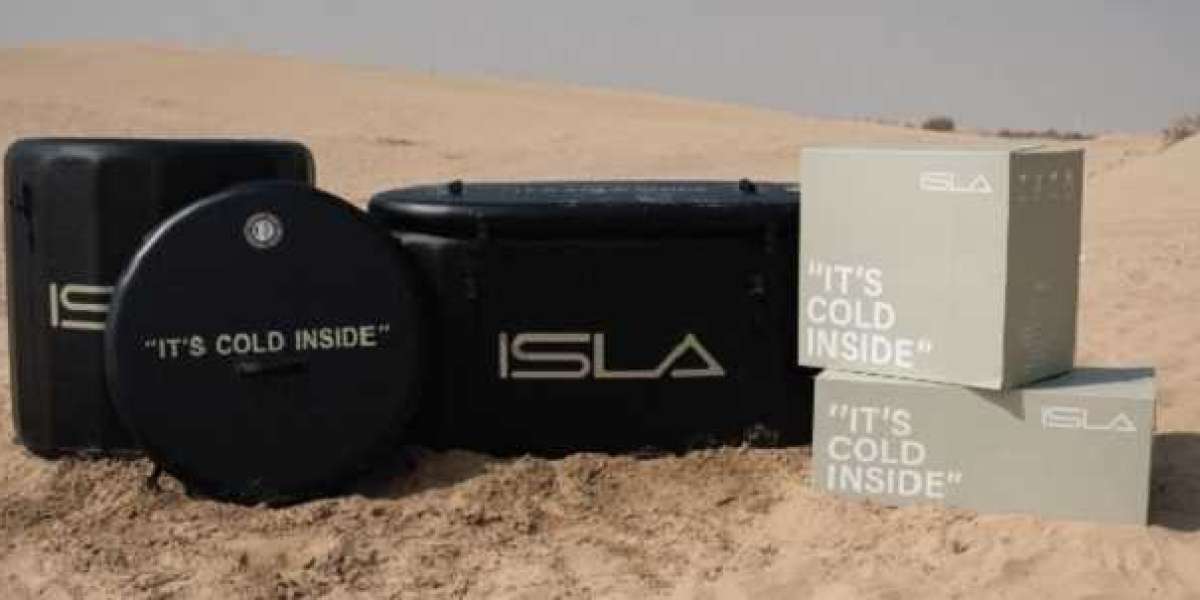Camping in the summer sun or setting up an outdoor event can quickly turn from enjoyable to unbearable when temperatures rise. Fortunately, the solution for tent air conditioner problems has evolved — providing portable, powerful, and energy-efficient options to keep your space comfortable, no matter the setting. Whether you're glamping, hosting a desert wedding, or managing a field operation, the right AC unit can make all the difference.
? What Is the Ideal Air Conditioner for Tents?
The best air conditioning solution for tents depends on several factors:
Tent size
Power availability
Portability
Ventilation
Noise levels
Here’s a breakdown of tent-compatible air conditioner types:
| Type | Cooling Power (BTU) | Best For | Power Source | Weight |
|---|---|---|---|---|
| Portable AC Units | 5,000 – 12,000 BTU | Large tents/glamping | AC outlet or generator | Medium-Heavy |
| Window AC (Tent-Ready) | 5,000 – 8,000 BTU | Medium-sized tents | AC outlet | Heavy |
| Battery-Powered AC | 2,000 – 5,000 BTU | Small tents/emergencies | Lithium battery/solar | Lightweight |
| Evaporative Coolers | Varies by humidity | Dry climates | AC outlet or USB battery | Light |
? Key Features to Look For in a Tent Air Conditioner
When searching for the solution for tent air conditioner systems, prioritize these critical features:
✅ Compact Size Lightweight Build
Tents don’t have much space. A bulky unit can be more of a hassle than helpful. Look for ACs specifically built for portability.
✅ Low Power Consumption
Generators or solar panels often power tent setups. Choose units with energy-saving modes or DC compatibility.
✅ BTU Capacity Matching Your Tent Size
Use this quick guide:
Up to 50 sq. ft. → ~2,000–4,000 BTU
50–100 sq. ft. → ~5,000–6,000 BTU
100–200 sq. ft. → ~7,000–8,000 BTU
Above 200 sq. ft. → 10,000 BTU+
✅ Noise Level Control
Silence is golden, especially when you’re trying to sleep outdoors. Look for models under 50 dB for quiet comfort.
✅ Proper Ventilation Adaptability
Most ACs require ventilation hoses. Tents must either have vent flaps, zippered windows, or custom cutouts to allow safe airflow.
? Popular Tent AC Categories with Pros and Cons
1. Portable Air Conditioners (With Exhaust Hose)
Pros:
High cooling efficiency
Ideal for large tents or group events
Many models include thermostats and remote controls
Cons:
Requires tent modification for exhaust
Heavier and requires stable power
2. Window AC Units
Pros:
Strong cooling for extended use
Affordable in terms of BTU per dollar
Reliable for semi-permanent setups
Cons:
Bulky and heavy
Requires a platform or box support for the tent wall
3. Battery-Powered Air Conditioners
Pros:
Fully portable
No wires or vents needed
Quiet operation
Cons:
Limited runtime (~3–8 hours)
Expensive for high-BTU units
Less powerful cooling
4. Evaporative Coolers ("Swamp Coolers")
Pros:
No exhaust hose
Ultra-light and affordable
Good for dry climates
Cons:
Ineffective in high humidity
Only lowers temperature by a few degrees
❓ Frequently Asked Questions (FAQs)
Q1: Can I use a regular home AC unit in my tent?
A: Technically yes, but it’s not recommended unless your tent is large, has reinforced fabric for venting, and access to constant power. Home ACs are bulky and not optimized for mobility.
Q2: What power source is best for tent air conditioners?
A: It depends on your location. If you’re off-grid, battery or solar-powered ACs are ideal. Campsites with electrical hookups can handle portable or window ACs easily.
Q3: Do I need to insulate my tent when using an air conditioner?
A: Absolutely. Reflective tarps, blackout materials, and sealed seams will improve AC performance and reduce energy waste.
Q4: What is the easiest AC to install in a tent?
A: Battery-powered or evaporative coolers are easiest — no hose or external setup required. Just place and turn on.
Q5: How do I vent a portable AC in a tent without cutting it?
A: Use tents with AC ports or zippered windows. If unavailable, place the hose under a flap or through an unzipped section and seal it around with Velcro or tape.
Q6: Is it safe to run an air conditioner in a tent overnight?
A: Yes, if properly ventilated and the unit is stable. Ensure cords are away from sleeping areas and use surge protectors with portable ACs.
? Checklist Before Buying Your Tent Air Conditioner
Make sure your AC meets the following:
BTU rating matches tent size
Power source is available (battery, solar, AC outlet)
Portable and easy to transport
Compatible with tent design for ventilation
Low noise operation (50 dB)
Energy-efficient (check for eco-mode or inverter tech)
Durability for outdoor use (dust and moisture-resistant)
? Pro Setup Tips for Maximum Cooling
Pre-Cool Your Tent: Turn on the AC 30 minutes before entering.
Use Reflective Covers: Reflective tarps reduce heat gain.
Seal Openings: Close unused zippers and gaps to trap cool air.
Elevate the Unit: Raising it helps airflow and prevents ground moisture damage.
Add Floor Padding: Insulated flooring reduces heat transfer from the ground.
? Real-Life Tent AC Use Case Scenarios
| Scenario | Recommended AC Type | Reason |
|---|---|---|
| Family camping trip (8-person) | 8,000 BTU portable AC | Strong cooling with sufficient coverage |
| Solo backpacker tent | Battery-powered mini AC | Lightweight, quiet, portable |
| Outdoor wedding tent (300 sq ft) | Dual 10,000 BTU portables | Commercial-level cooling |
| Desert expedition tent | Evaporative cooler + solar AC | Works in low humidity, solar-compatible |
| Emergency shelter tent | Window AC on platform | Reliable and robust, all-day cooling |



